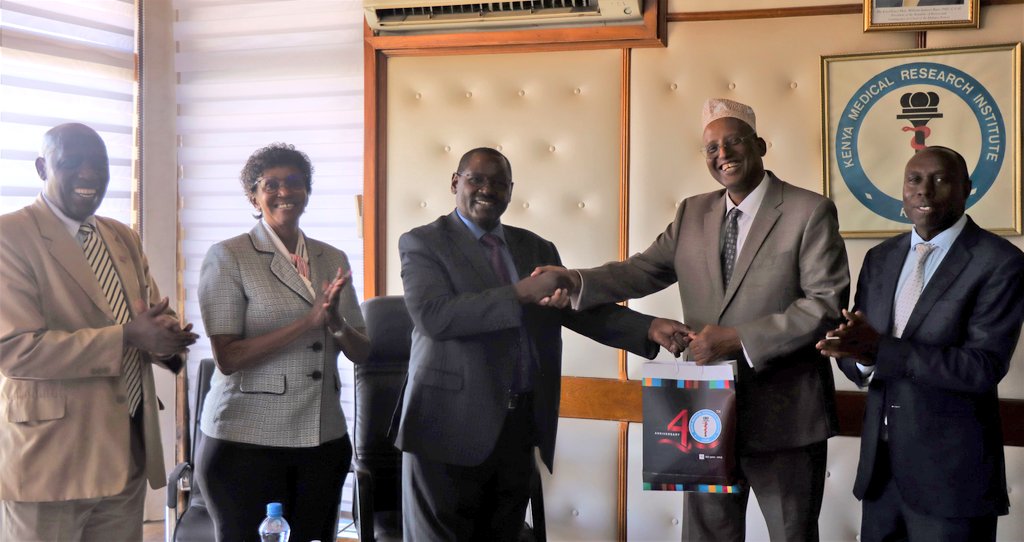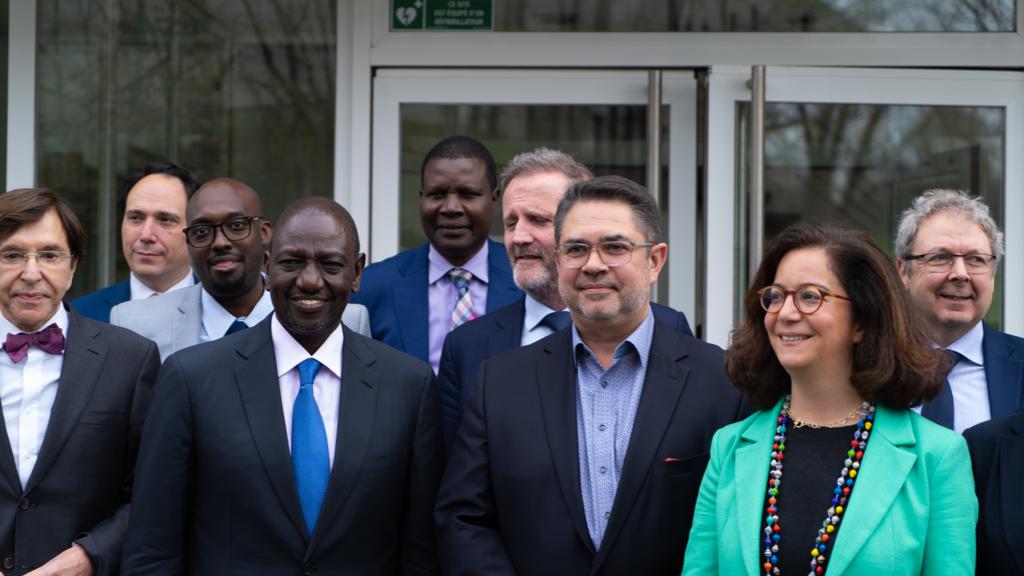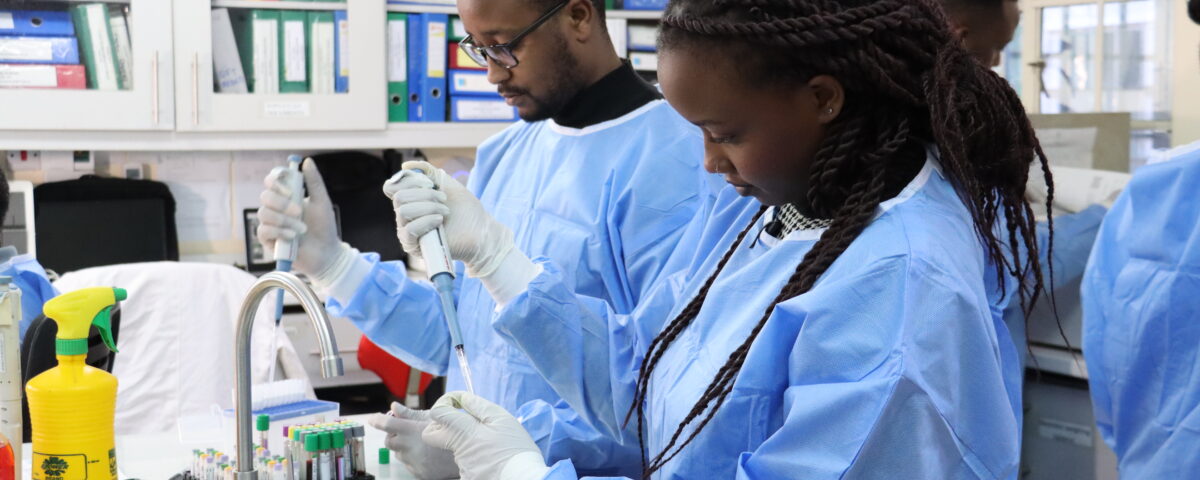
I Will Knock on Every Door to Make KEMRI Great- Dr. Abdullahi
February 20, 2023
KEMRI’S PARTNERSHIP WITH UNIVERCELLS GROUP
March 31, 2023KEMRI Strides in TB Research

Over the years the Kenya Medical Research Institute (KEMRI) has been at the forefront in seeking solutions that can inform diagnostics and treatment of Tuberculosis (TB)
On World TB Day, we highlight some of the milestones the Institute has achieved and continues to undertake to ensure the eradication of the TB burden in the country. Through the Institute’s Centre for Respiratory Diseases Research (CRDR), we are carrying out clinical trials for TB vaccines in both adults and children.
A BCG recombinant Phase 3 vaccines trial in infants is underway in Nairobi and Siaya Counties where at least 1,500 participants have been recruited for the vaccine that originates from the Serum Institute of India. Additionally, KEMRI has been selected by Gates MRI foundation to conduct M72 Adult TB Vaccine Phase 3 Trial which will include over 10 000 people in different parts of the world. The M72 is a vaccine that helps to prevent TB infected individuals from progressing to active infection. Prior phase 2 clinical trial results indicated the vaccine is promising.
These vaccines have a limewood to be adopted by World Health Organization (WHO) and used in the protection and prevention of TB. This therefore means KEMRI is making the necessary strides in achieving the country’s Universal Healthcare (UHC).
Besides, KEMRI researchers and scientists are undertaking a number of studies towards mitigating TB in the country. A study in collaboration with partners on best ways to diagnose TB in children is investigating a novel diagnostic that access the presence of TB in small amounts of blood by checking for extracellular vesicles as well as accessing the presence of TB cell free DNA in urine and blood. This has been informed by difficulty in identifying TB in children and the ability to detect TB in less invasive specimen types would highly contribute to increase in diagnosis in children.
Modern technology is also being embraced in TB diagnosis; another study is investigating cough sense, a software that is able to distinguish between a TB cough and another cough. Once successful, it will be changing the dynamics of diagnosing a TB patient.
All the above including actively participating in treatment of TB research that has seen its treatment period reduce from 18 to 6 months continue to inform better ways of addressing TB diagnosis and treatment in the country.
This year’s theme dubbed ‘Yes! We can end TB!’, aims to inspire hope and encourage high-level leadership, increased investments, faster uptake of new recommendations, adoption of innovations, accelerated action, and multisectoral collaboration to combat the TB epidemic.
As KEMRI’s mission says “in search of better Health”, the institute is firm in achieving its mission for betterment of Kenya citizens.

